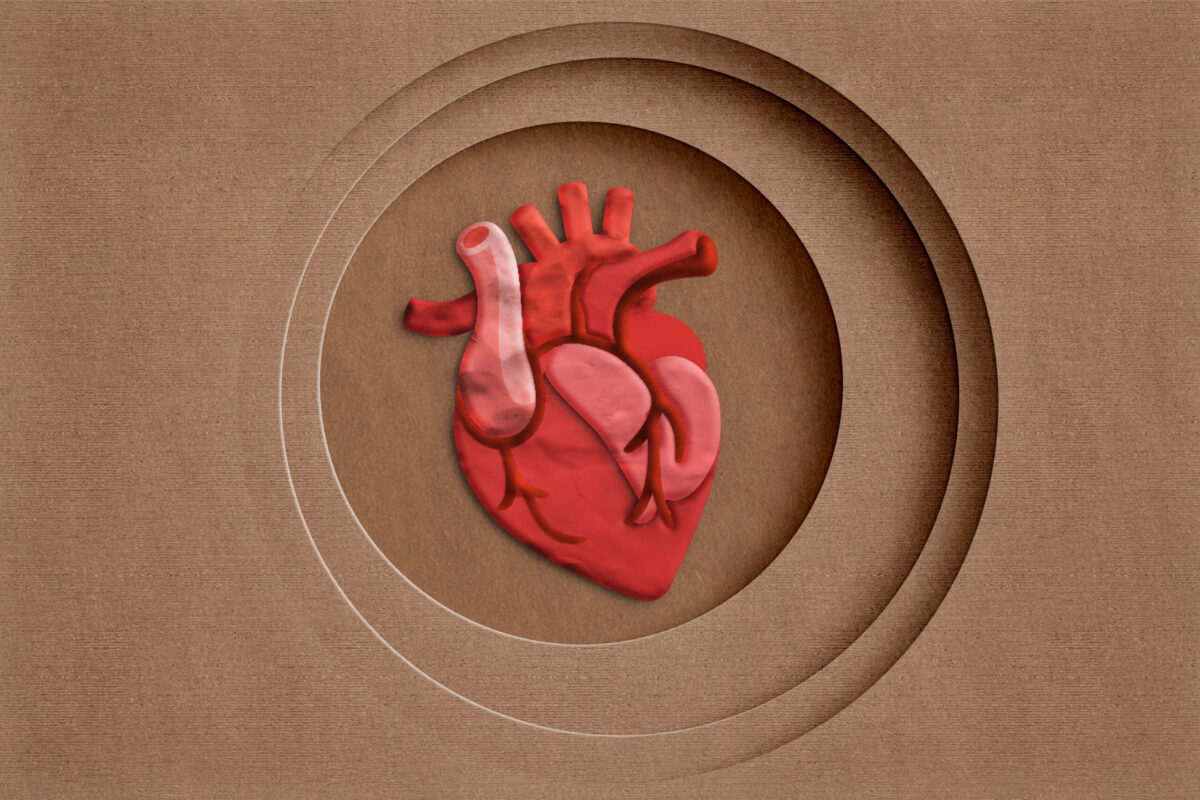You may know that high blood pressure is a major risk factor for heart disease. Or that chest pain may indicate a heart attack. You should learn as much as you can, because Tennessee has the 6th highest death rate from cardiovascular disease in the country.
WellTuned asked Dr. Ian Hamilton, a medical director for BlueCross BlueShield of Tennessee to identify the facts Tennesseans should know about heart disease and what they can do to prevent it.
- Cardiovascular disease is the #1 killer of both men and women in the country. It accounts for 1 in every 5 deaths, taking a life every 33 seconds. Black Americans have a higher rate of death from heart disease than White Americans, who have a higher rate of death than Hispanic Americans.
- You don’t have to experience chest pain or shortness of breath to have a heart attack. In fact, about 1 in every 5 heart attacks is a “silent” heart attack. You might just think you’re having a case of heartburn or strained a muscle in your chest.
- Women often have different symptoms when they have a heart attack than men. Women tend to be less likely to experience chest pain than men. They may experience less obvious symptoms, among them nausea, vomiting, shortness of breath, pain in their back, or jaw pain. Women might dismiss their symptoms as signs of the flu or acid reflux, rather than recognizing them as potential signs of a heart attack.
- Sitting is a risk factor for heart disease. Being sedentary can raise your risk, so if you sit all day, make it a point to stand up every so often. Better yet, stand and walk around.
- If you have diabetes, you’re twice as likely to have a stroke or develop heart disease than someone without diabetes, which also raises your risk. Maintaining good control of your blood sugar levels can help lower the risk.
- If you’ve had a heart attack, you have a 1 in 5 chance of being readmitted to the hospital for a second one. You’re also at a higher risk for having a stroke.
- A daily aspirin is not appropriate for everyone. While some people with heart disease benefit from taking a low dose of aspirin each day, you should talk to your doctor before taking aspirin. You’ll need to weigh the potential risks and benefits of daily aspirin therapy for your individual situation.
- Heart attacks can happen anytime. For many years, the conventional wisdom was that heart attacks occurred more often in the early morning hours. The fact is they can occur at any time – day or night. Other research suggests more heart attacks occur on Mondays than any other day of the week. However, experts stress that this doesn’t mean that they can’t occur at other times. (So if you notice symptoms on, say, a Wednesday or a Thursday evening, don’t ignore them.)
How to help reduce your risks for heart disease
Dr. Hamilton: There are several very effective steps that you can take to help reduce your risk of heart disease.
- Stop smoking. Smoking is a major cause of cardiovascular disease—and the risk increases the more you smoke. Smoking damages your heart and blood vessels. So you’re more likely to develop atherosclerosis, or hardening of the arteries. If you have other heart disease risk factors, like high cholesterol levels, smoking increases your risk even more.
WellTuned guide to stop smoking.
- Eat healthy. People who eat a healthy diet have a significantly lower risk of cardiovascular disease, including both coronary heart disease (CHD) and stroke. Consider embracing the Mediterranean diet, which is rich in fruits, vegetables, lean protein, whole grains, and healthy fats.
WellTuned guide to the Mediterranean diet.
- Exercise. You can help reduce your risk by choosing to be physically active. Experts recommend at least 150 minutes of moderately intense exercise per week, or 75 minutes of vigorous exercise. However, if you have limited ability to be physically active, you can still do as much as your condition will allow. Even modest amounts of physical activity can help reduce your risk of coronary heart disease.
WellTuned guide to woriking exercise into your day.
“Many of the risk factors for heart disease are modifiable, but not everyone understands how making some lifestyle changes can reduce their risk for developing heart disease,” says Dr. Hamilton. “Eating a healthy diet and getting regular physical activity can go a long way toward reducing your risk of developing this leading cause of death.”
More from Dr. Ian Hamilton on WellTuned
Get more information about specific health terms, topics and conditions to better manage your health on bcbst.com. BlueCross BlueShield of Tennessee members can access wellness-related discounts on fitness products, gym memberships, healthy eating and more through Blue365®. BCBST members can also find tools and resources to help improve health and well-being by logging into BlueAccess and going to the Managing Your Health tab.





